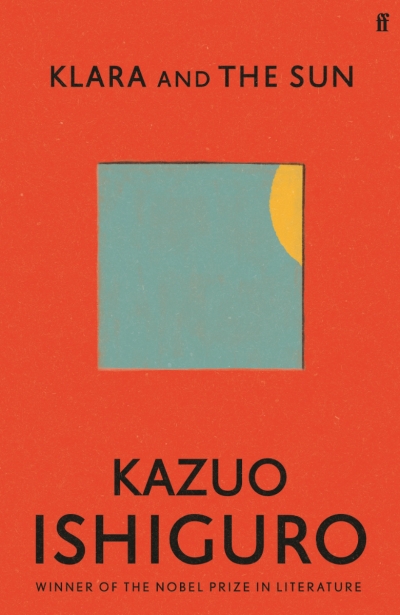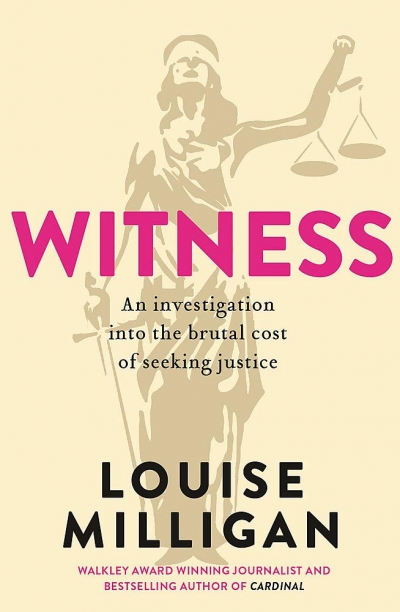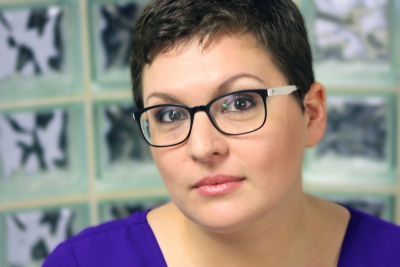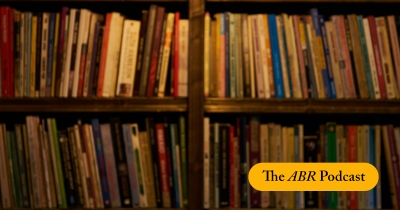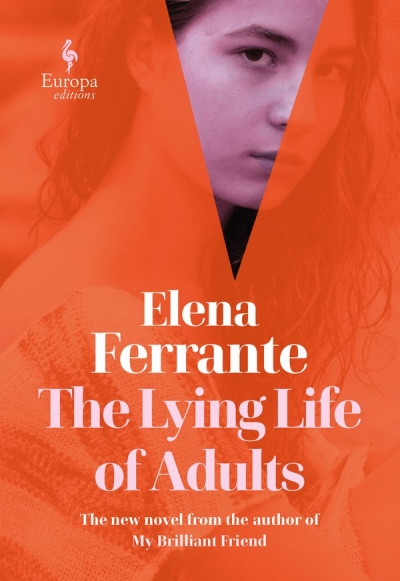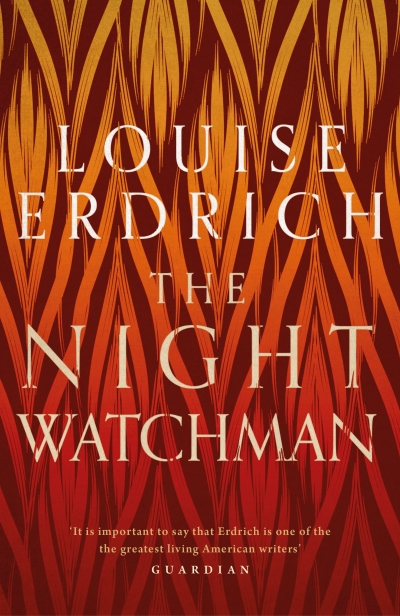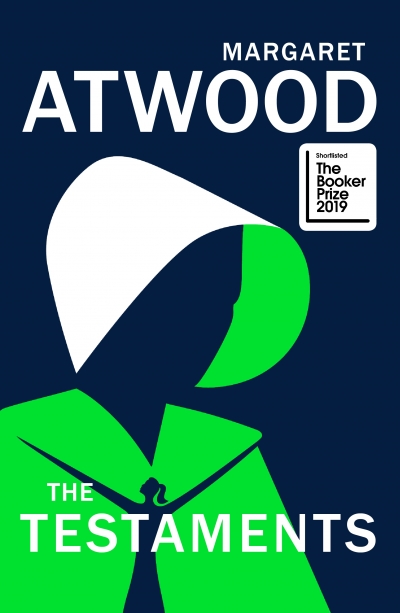Beejay Silcox
Sign up to Book of the Week and receive a new review to your inbox every Monday. Always free to read.
Recent:
Throughout her childhood, Krissy Kneen was surrounded by make-believe. At the centre of this enchanted world was her grandmother Lotty, whose prodigious fabulations not only kept her family in thrall, but also hid painful memories of poverty and forced migration. In her new memoir, The Three Burials of Lotty Kneen, Kneen retraces her grandmother's journey from Slovenia to Australia. In today's episode, Kneen sits down with her friend Beejay Silcox, a past ABR Fellow and longtime contributor, to discuss their serendipitous meeting and Kneen's journey to uncover her family's history.
... (read more)In the wake of Brittany Higgins's startling allegations of sexual abuse in Parliament House, Beejay Silcox revisits her review of Witness by award-winning journalist Louise Milligan. Witness (recently shortlisted in the 2021 Stella Prize) is an interrogative critique of the criminal trial process. It is the culmination of five years of research into how witnesses are treated (and often intimidated or worse) in court rooms.
... (read more)In 2017, Kazuo Ishiguro won the Nobel Prize for Literature for his masterful novels, which, in the judges’ words, uncover 'the abyss beneath our illusory sense of connection with the world'. His new work, Klara and the Sun, is his first novel published since winning the Nobel Prize. In today's episode, Beejay Silcox discusses the novel and our expectations of the author, and reads in full her review which appears in ABR's March issue.
... (read more)Witness: An investigation into the brutal cost of seeking justice by Louise Milligan
Beejay Silcox began writing for ABR in September 2016 after infiltrating a Trump rally in rural Virginia. In 2018, she was ABR’s Fortieth Birthday Fellow. Her literary criticism and cultural commentary appears in national and international review publications.
... (read more)In today's episode, Peter Rose talks to writers Beejay Silcox and Billy Griffiths about what they’ve been reading during this tumultuous year. They also speculate about some highlights of 2021. For those looking for a more extensive listing of this year's finest works, our Books of the Year features more than 30 different ABR critics nominating their favourite releases.
... (read more)




